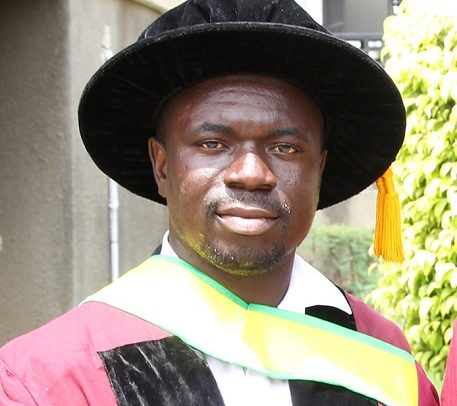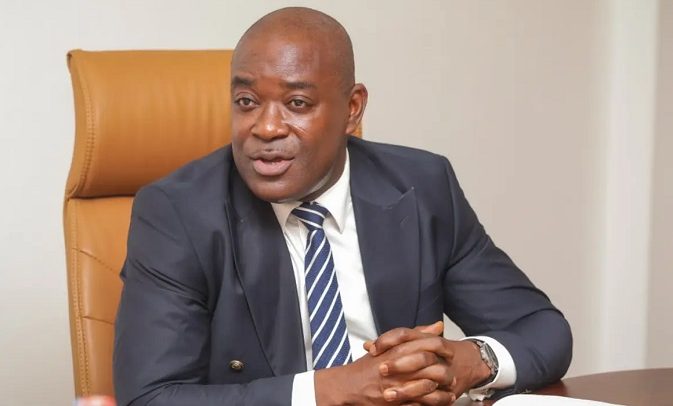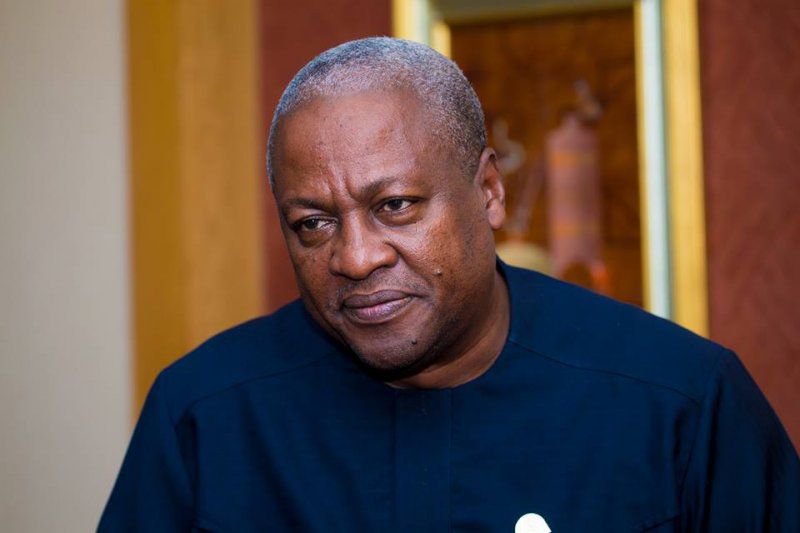
By Kizito CUDJOE
Energy experts have expressed support for the energy minister-designate John Abdulai Jinapor’s proposal to introduce private sector participation (PSP) in the operations of the Electricity Company of Ghana (ECG).
The minister-designate, during his vetting by Parliament’s Appointments Committee, outlined plans to implement this initiative within six months of assuming office. This follows his position that the chunk of the country’s energy sector debt, which currently stands at over US$3billion, is primarily due to operational inefficiencies that have led to unpaid bills for electricity supplied and consumed.
“If you take most of our debt, a chunk of it is power sold, delivered and revenue not collected,” he said.
The ballooning energy sector debt has long been a significant financial challenge, placing immense pressure on state utilities and threatening the country’s economic stability.
To address this issue, Mr. Jinapor outlined a plan to prioritise revenue collection and improve operational efficiency through private-sector participation, particularly in billing and revenue collection for ECG.
Reacting to this development, Dr. Theo Acheampong, a petroleum economist, reckoned that considering the mess at ECG, some form of privatisation is the way to go.
“However, the process of privatisation must be completely transparent and accountable. We do not want a repeat of the PDS situation where certain vested interests who were not fit to run such a utility wanted it for their own advantage,” Dr. Acheampong cautioned.
He asserted that part of the inefficiencies in the sector is already included in the bills that households and businesses pay, stressing that private participation will force ECG to collect more of the power they sell.
On local institutional participation in this potential privatisation, Dr. Acheampong said: “That goes for the proposed model—local institutional investors should have like 25–30 percent, GoG SPV another 20 percent, and the rest floated to other private sector”.
Alternatively, he added that “they can contract a management team like we did with Ghana Water—remember Aqua Vitens Rand, although the lessons there were not great.”
Similarly, the Executive Director of the Institute for Energy Security (IES), Nana Amoasi VII, stated that the involvement of PSP in the operation of ECG could lead to the introduction of advanced technologies.
It will also help streamline processes, improve billing accuracy, reduce delays and fraud, and ultimately minimise revenue leakages.
“Performance-based contracts associated with PSP tend to incentivise private participants to meet strict collection rate targets, service quality, among others. Again, privatisation can address ECG’s challenges with high operational losses and non-payment by introducing strict enforcement mechanisms set by the regulator,” he stated.
However, he argued that outsourcing the billing and revenue collection functions could undermine transparency and government oversight.
He further cautioned that if not properly regulated, private entities could exploit the system through practices such as inflated billing. He noted that privatisation might also be perceived by consumers as prioritising profits over social welfare, potentially sparking resistance from consumers, civil society organisations (CSOs), and labour unions.
Equally important is the need for strong regulatory oversight to ensure that PSP does not lead to excessive tariffs or reduced access for low-income households, he said.
To address this, he called for the strengthening of the Public Utilities Regulatory Commission (PURC) to set and enforce fair tariff structures while preventing price gouging.
“The government must also include provisions in privatisation agreements that mandate operators to prioritise service expansion, particularly to underserved areas. Most importantly, they must engage with civil society and consumer groups in decision-making to ensure policies reflect the needs of all stakeholders,” he further stated.
Dr. Elikplim Kwabla Apetorgbor, a power systems economist, has also advocated for ECG to leverage technology to enhance efficiency. He maintains that outdated monitoring systems undermine ECG’s ability to track usage and prevent theft.
To this end, he recommended “adopting geospatial technology and real-time monitoring systems can revolutionise metre tracking, minimise losses and enhance operational efficiency”.
On the energy sector debt, he noted that ECG’s US$1.82 billion debt to Independent Power Producers (IPPs) is unsustainable. He, therefore, asserted that exploring mineral resource-backed debt swaps and renegotiating terms can significantly reduce arrears, enhancing fiscal sustainability.
While assessing the work of the Northern Electricity Department Company (NEDCo) and ECG, Dr. Apetorgbor noted that operating as separate entities has led to inefficiencies and redundancies. He suggested that a merger would streamline operations, cut costs and strengthen service delivery through unified management and expanded resources.
“The Cash Waterfall Mechanism Committee (CWMC) currently controls ECG’s revenue allocation, limiting its operational flexibility. Restoring revenue management to ECG would improve accountability and resource prioritisation,” he stated.
The post Energy experts back ECG privatisation appeared first on The Business & Financial Times.
Read Full Story















Facebook
Twitter
Pinterest
Instagram
Google+
YouTube
LinkedIn
RSS